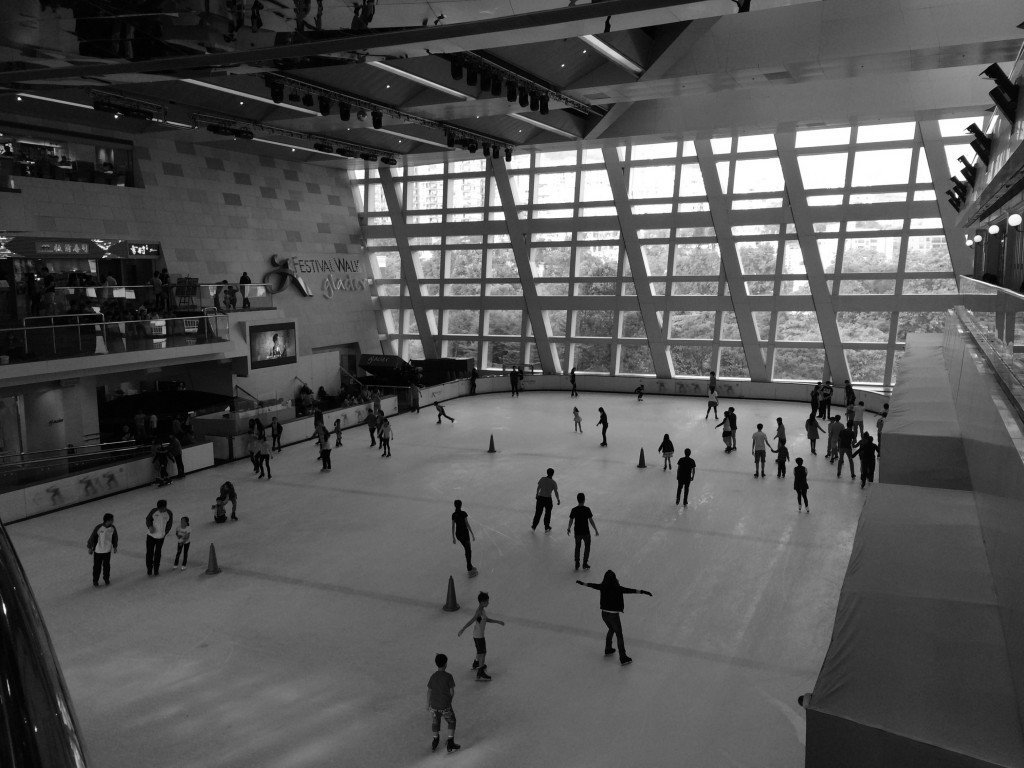Sports injury compensation claims 
By: Brent Meadows
Our lawyers are seeing more and more legal disputes in relation to recreational sports injuries. One of our lawyers recently posted an opinion piece on this topic when we discussed the Leighton v Best case. This case involved a recreational hockey player who was found liable for punching another player.
Compensation awards for sports injuries
In R v MacIsaac, a criminal case, the accused was convicted of one count of aggravated assault for an on-ice collision that occurred during a recreational hockey game. On August 31, 2015 the Court of Appeal quashed the conviction and ordered a new trial. It is also reported that Mr. Casterton, the injured hockey player, commenced a civil lawsuit against MacIsaac for damages caused by the on-ice collision.
Shortly after on September 1, 2015 the Ontario Superior Court of Justice in Levita v Crew and True North Hockey Canada dealt with a similar matter where Levita claimed that Crew intentionally or recklessly checked him into the boards from behind in contravention of the rules of the league. Levita further claimed that the league knew or ought to have known that Crew was a dangerous player, and failed to take adequate steps to protect players in the league.
The court in Levita reviewed the history of each player, the waiver they signed with the league, eyewitness testimony, and the league’s Rules, Policies and Procedures, among other things.
The court held that the evidence was clear that contact did happen and was an assumed and expected risk of the game. The style of play was high-level and frequently aggressive. Levita understood the nature of the league and assumed the inherent risk that such an injury could occur despite the fact that this was a non-contact and recreational league. The physical contact between the players that happened during the game occurred in the course of play and fell within the accepted inherent risks that come with this type of sport.
The court ultimately held that:
Insofar as the contact was intentional, Levita impliedly consented to being body-checked in the course of play, even where that body-check might warrant a penalty. Levita’s team was well aware of Crew’s aggressive manner of play and that the sort of contact which did occur could occur. Notwithstanding that fact, they elected to play this game. As a result, I respectively find that no liability should attach to Crew on the basis of an intentional act to cause injury, or negligence.
On one hand, we have the Leighton v Best case where a player punched an opponent and was found liable for the injuries. On the other hand, the personal injury claim in the Levita v Crew case was dismissed by the court where the plaintiff was allegedly hit from behind into the boards.
Is there compensation for sports injuries?
With these two cases in mind, it is not clear where the law stands with respect to liability in recreational sports. Have hockey rinks, soccer, and football fields become legal minefields that the ordinary weekend warrior should tread carefully on? The court in Levita v Crew arguably dispels this concern as the court relied on the voluntary assumption of risk doctrine. As can be seen in these cases, it is not entirely clear what constitutes a safe or dangerous play warranting civil liability. So remember, please have fun and play with care.
If you have any questions about an injury you have suffered while participating in recreational sports, contact us for a free consultation www.ottawainjury.ca/contact



